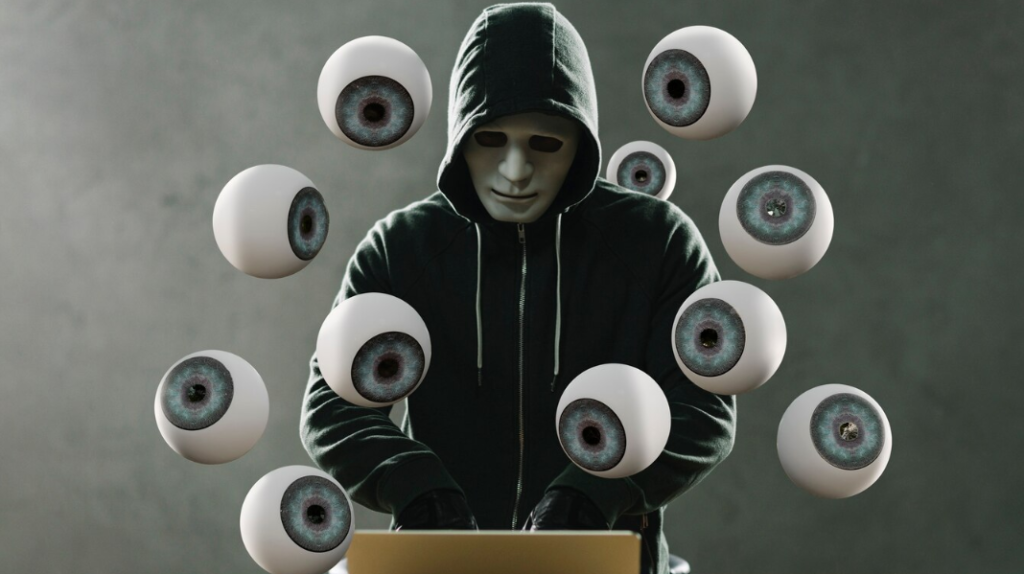What if your apps kept working long after your heartbeat stopped?
In an era where digital life often outlives physical life, a new phenomenon is taking shape: Ghostware—apps, services, and AI systems that continue to function after their user has died. These aren’t haunted by spirits but by data, algorithms, and lingering automation. Ghostware doesn’t wait for you to be alive to keep running. It simply… persists.
What Is Ghostware?
Ghostware refers to software or digital services that continue operating after their original user is deceased. This could include:
- AI chatbots trained on your voice or text
- Automated financial tools making payments or investments
- Smart home systems executing routines
- Calendar reminders triggering events
- Social media accounts auto-posting pre-scheduled content
It’s software untethered from the life that created it—a quiet digital phantom, still clicking away.
Examples You Might Already Know
Many people have already encountered accidental ghostware:
- Birthday reminders for people who passed years ago
- Auto-generated playlists from someone no longer alive
- Chatbot interactions trained on the language of the deceased
- Emails from the grave, sent via scheduled tools
These are often unintentional. But what happens when ghostware is designed to persist?
Intentional Digital Afterlives
Some startups now offer “digital immortality”:
- Posthumous messaging apps let you send videos or texts to loved ones after death
- Legacy bots can simulate conversations with your personality
- Virtual memorials managed by AI curate your digital legacy
These tools aim to soften grief, preserve memory, and even extend influence. But they also blur the line between remembrance and presence.
The Ethical Questions
Ghostware brings new moral and emotional complexities:
1. Consent
- Did the user want their data or AI to live on?
- Can digital resurrection occur without explicit permission?
2. Authenticity
- Is a chatbot version of you really you?
- Can algorithms replicate personality, or just mimic tone?
3. Emotional Impact
- Does ghostware help mourners heal—or trap them in an illusion of connection?
- Can talking to a digital echo replace human closure?
Digital Executors: The New Gatekeepers
In a world of ghostware, your digital estate becomes just as important as your physical one. That means:
- Assigning digital executors in your will
- Specifying what should be deleted, archived, or maintained
- Deciding who gets access to your accounts, and how they’re used
Without clear guidelines, your apps might keep running, sending out messages or activating routines for years.
When Ghosts Haunt the Cloud
Imagine this:
- An AI calendar keeps inviting coworkers to a recurring meeting you no longer attend.
- A smart fridge keeps ordering groceries to a home no one lives in.
- A health app keeps emailing motivational stats to your loved ones.
These aren’t horror stories—they’re potential realities of unmanaged automation.
Conclusion: The Ghosts We Build
Ghostware is not evil, nor inherently dystopian. It’s a mirror reflecting our growing reliance on digital extensions of ourselves. As AI becomes more personal, and automation more persistent, we must decide:
- What should die with us?
- What should live on?
- And who gets to choose?
In the age of ghostware, the boundary between life and software is no longer fixed. We are starting to code our own hauntings


